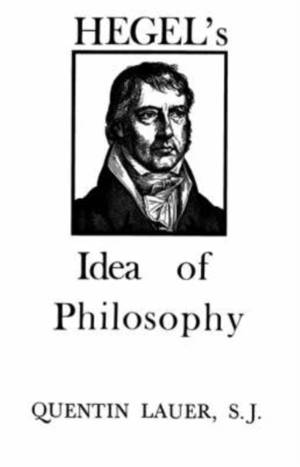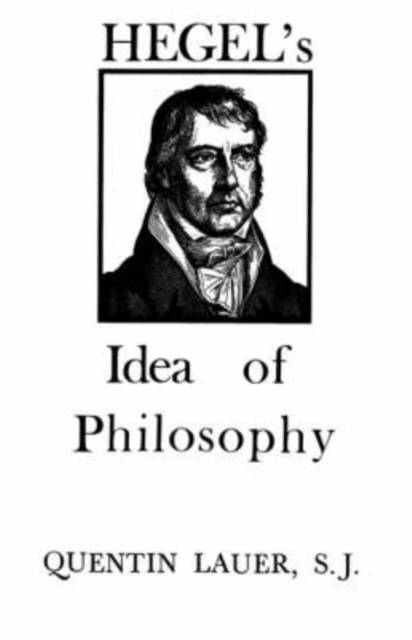
- Afhalen na 1 uur in een winkel met voorraad
- Gratis thuislevering in België vanaf € 30
- Ruim aanbod met 7 miljoen producten
- Afhalen na 1 uur in een winkel met voorraad
- Gratis thuislevering in België vanaf € 30
- Ruim aanbod met 7 miljoen producten
Zoeken
Omschrijving
In his Introduction to the History of Philosophy, Hegel undertook to say what philosophy is; that it can be said to have a history. He treated philosophy as an organic unity, a process, to which philosophers down through the ages have made contributions. Thus in Hegel's view, the history of philosophy is inseparable from doing philosophy, and philosophy can be done only historically. Hegel engaged in a critique both of "philosophies" and of the ways of treating philosophy's history. The author's analysis, combined with his translation of a version of the Introduction not previously available, makes intelligible a mode of philosophical thinking which is highly complex and which has had an extraordinarily formative influence on contemporary thought. The result is a treatment more readily understandable to the educated reader than would be Hegel's own technical vocabulary.
Specificaties
Betrokkenen
- Auteur(s):
- Uitgeverij:
Inhoud
- Aantal bladzijden:
- 159
- Taal:
- Engels
Eigenschappen
- Productcode (EAN):
- 9780823209279
- Verschijningsdatum:
- 1/01/1983
- Uitvoering:
- Paperback
- Formaat:
- Trade paperback (VS)
- Afmetingen:
- 139 mm x 213 mm
- Gewicht:
- 235 g

Alleen bij Standaard Boekhandel
+ 112 punten op je klantenkaart van Standaard Boekhandel
Beoordelingen
We publiceren alleen reviews die voldoen aan de voorwaarden voor reviews. Bekijk onze voorwaarden voor reviews.








